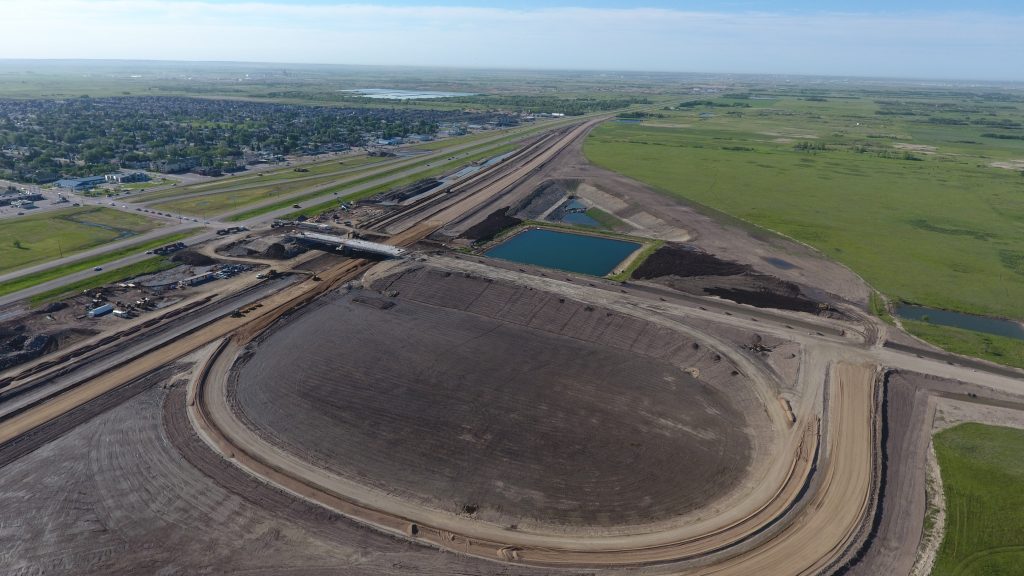For Saskatchewan, the year began with an end, with the conclusion of the great license plate debate.
The issue surfaced in early December 2017 when then Saskatchewan Premier Brad Wall announced a ban on Alberta plates on any vehicles doing business on future Saskatchewan government road and building construction sites. At the time, officials said it was in response to allegations of similar stipulations in Alberta for Saskatchewan vehicles.
In January, Saskatchewan informed Alberta it was rescinding its ban, though no specific details were given as to why. The letter arrived just hours before an arbitration panel under the New West Partnership was set to begin deliberations on the ban.
As the year progressed for Saskatchewan, there were major moves made on highway and infrastructure projects across the province. One such project made headlines, but for all the wrong reasons.
In mid-September, the newly built Dyck Memorial Bridge in the Rural Municipality of Clayton partially collapsed into the Swan River just hours after officially opening. No one was injured, and the builder Can-Struct Systems Inc. hired an independent firm to perform tests.
It was later revealed that no geotechnical investigation was performed on a riverbed where the bridge collapsed. Reports also surfaced that a cheaper design was also selected for the bridge.
While some projects were met with controversy, others were hailed in the province. The $60.6-million Martensville and Warman overpasses, which opened in the fall, finished one year ahead of schedule. The final touches of the project will be complete next construction season and it is being overseen by Peter Kiewit Sons ULC.
As major projects moved forward, so too did initiatives that will improve the flow of payment for the construction industry in Saskatchewan.
This past fall, the province introduced the Builders’ Lien (Prompt Payment) Amendment Act, 2018, which establishes prompt payment in the province’s construction industry.
The legislation will create a payment process to establish “reasonable timelines for providing payment for construction projects,” the province stated. The legislation will also establish an interim adjudication process that can be used in addition to arbitration and litigation.

Saskatchewan Construction Association president Mark Cooper told the Journal of Commerce the new legislation is the culmination of years of work pushing the government to adopt new rules.
“The government was receptive right from the start, but we needed to educate them on how widespread the problem was, as well as the impact it had across the industry,” Cooper said.
The bill is similar to legislation recently introduced in Ontario and puts owners and developers on a payment cycle where they are required to provide payment within 28 days of receiving an invoice for construction services. Contractors are required to provide payment to subcontractors within seven days of receiving payment from the owner or developer.
Despite positive payment moves being made in the province, the construction industry as a whole continues to struggle for work in the province.
Cooper recently stated in various media reports that since 2015, when Saskatchewan saw a record year for construction thanks in part to Regina’s new football stadium and various new hospitals, 14,000 jobs have disappeared from the industry.
He attributes the decline partly to a lack of confidence in the economy at both the consumer and investor level, meaning there is less work.
Although the future may be uncertain heading into 2019, there is cautious optimism moving forward, with the association stating construction is often cyclical and so long as there are no further declines, the industry should be able to rally.











Recent Comments
comments for this post are closed